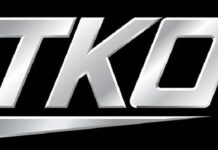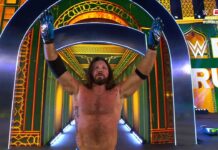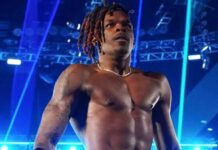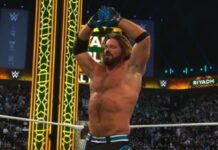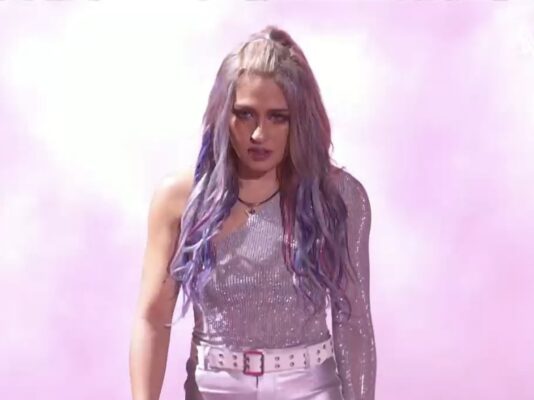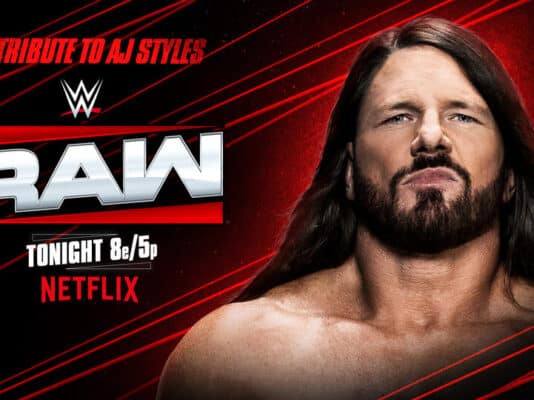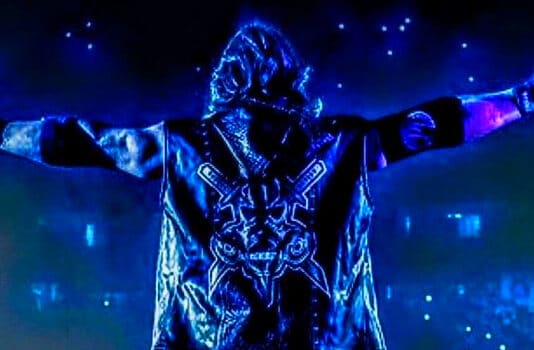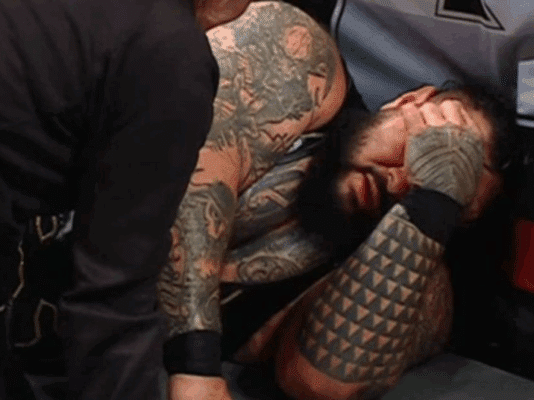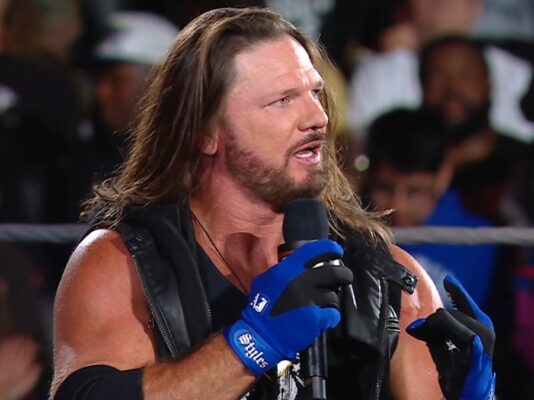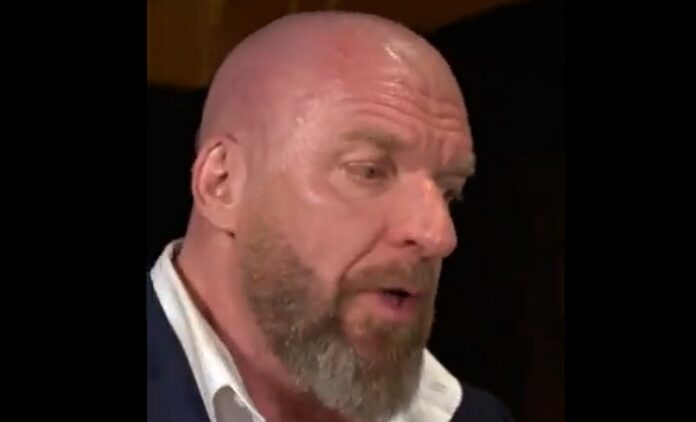
Leading up to WWE Raw’s highly anticipated Netflix premiere, Paul “Triple H” Levesque appeared on The Press Box podcast to discuss the company’s evolution and the dynamics backstage. During the conversation, Triple H was asked about the level of politicking or lobbying among wrestlers behind the scenes. He responded:
“[Laughs] Yeah, that’s every day. That has nothing to do with Netflix. It has to do with everything we do. So if there’s something big coming up, ‘I just don’t understand why I’m not on that PLE. Why wouldn’t I be on that PLE?’ It’s like, well, the story that you have doesn’t get there. Not everybody’s going to be on everything, not everybody’s going to be…I’ve had that conversation with every single talent about everything we do. Rightfully so. If you want to be in this business, you want to be big, you want to have opportunities, you want to be on all the biggest stuff. I’ve had the same conversation with 100 people about this first episode of Netflix, like guys, it’s one show. It’s one show. We’re gonna try to touch on a lot of people, but there’s only so much real estate within the show. If you’re not gonna be on that show, maybe you’ll be on the second one. Maybe you’ll be on the third one. You’re gonna be on these shows, but we can’t put all 200 talent or whatever we have on one show. It’s just not gonna work.”
“I think most people, they’re emotionally shooting their shots at it, and they want to be heard, and you want them to be heard. You want them to feel like they have a say. I never want talent to feel like, ‘I don’t know what’s going on, they never tell me anything.’ I want talent to feel like they’re a part of it, and it’s really tough to do. I can’t, when I say I have those conversations, I can’t have all those conversations. If I answered every text and call from talent that are calling me to say, ‘Can I just talk about where I’m heading and what I’m doing?’, I wouldn’t do anything. I wouldn’t sleep, I wouldn’t eat. I would just be texting and talking to people on the phone all day long, explaining to them where they’re going and what they’re doing. It’s just impossible to do. So we have to have those conversations through others and everything else, but it’s rightfully so. It’s how they should feel. It’s how I feel if I was a talent. ‘What do you mean I’m not on that? Why am I not on that?’ That’s ridiculous.’ But it’s the storytelling that we’re doing. But I also think there’s something to telling these talent, look, you’re not going to be on every show, but it’s also why your stories are more impactful. It’s also why, for a lot of people, they’re more over. It’s supply and demand. If I see the same thing every week, week in, week out, same talent, same storylines, same everything, you burn out quick. You can spread those things out, you can spread that love out. This PLE is going to be about these stories, this PLE’s going to be about these stories. Some are gonna criss-cross, some are not. I think that’s important. It took a little bit for people to get to the place where now they’re starting to understand, okay, I’m world champion, but that doesn’t mean I have to be on everything. I’m making this up, I can not be on Bad Blood because I’m going to have this huge role in Survivor Series. Got it. I think there’s a nuance to it in their creative that they’re beginning to now understand, like okay, I got it. I see where my stuff is going, and I see where the carrot down the line. You’re not just telling me, ‘No, no, you’re not on this PLE, and I don’t know when you’ll be on another one.’”
Triple H’s comments highlight the collaborative yet competitive nature of WWE’s backstage environment, emphasizing the importance of both individual initiative and alignment with the company’s broader creative vision.
(quotes courtesy of Colin Tessier)

